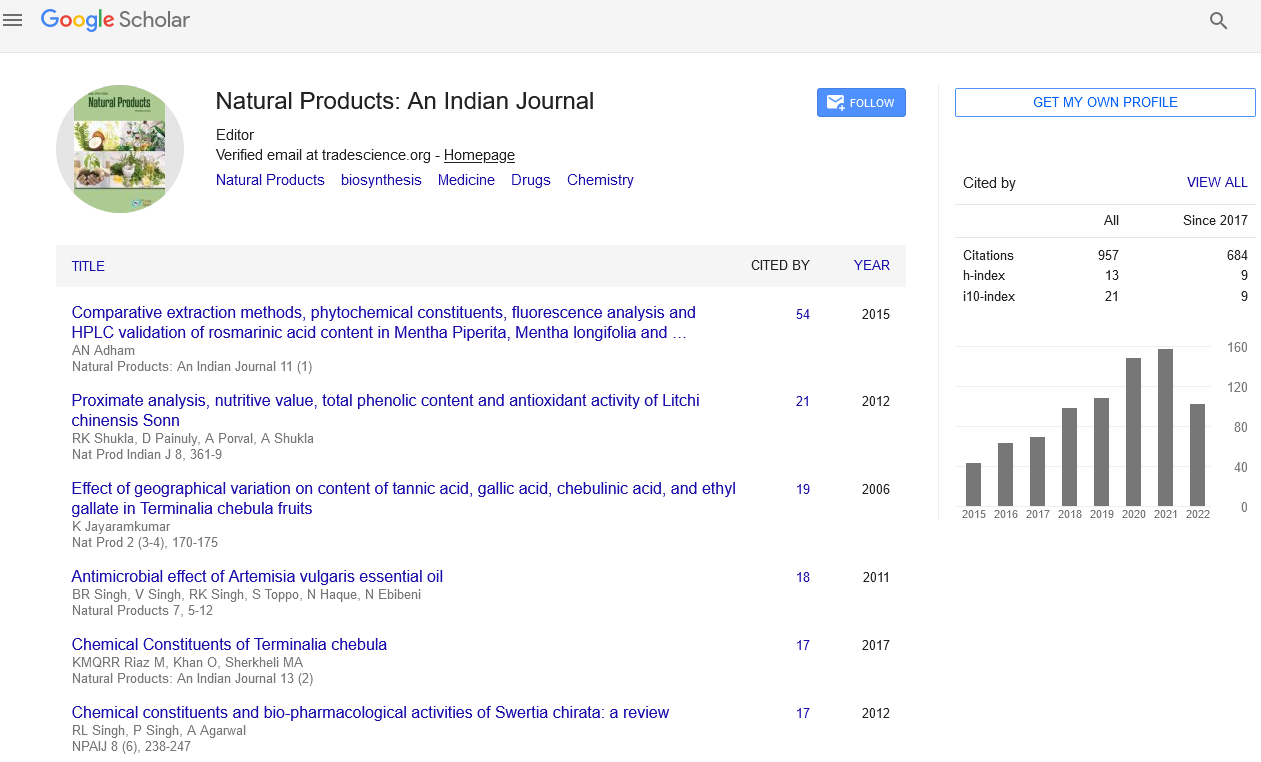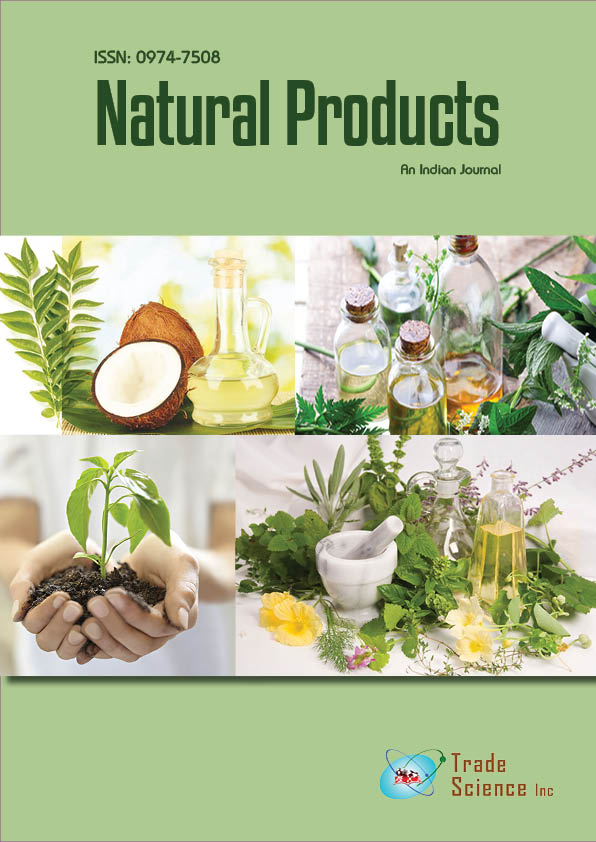Short communication
, Volume: 18( 1)Improving Food Security by Recycling and Reusing Food Wastes
Received Date: July 31, 2021; Manuscript No: tsnp-22-66922; Editor Assigned Date: January 05, 2022; Preqc Id: tsnp-22- 66922(PQ); Reviewed: January 01, 2022; QC No: tsnp-22-66922(Q); Revised: January 10, 2022; Manuscript No: tsnp-22- 66922(R); Accepted Date: January 15, 2022; DOI: 10.4172/tsnp.2022.18(1).3
Abstract
Food security is a one of the major issues for the global communities since the inception of the human civilization. It is becoming increasingly tougher to meet the global food security due to the exponential growth of the global population and the loss and wastes of a significant chunk of the food starting from production even after the consumption. Application of innovative and emerging techniques and technologies such as preharvest improvement of land fertility, while harvest enhancement of soil fertility, prevention of crop damage, postharvest treatment of crops, minimization of food loss and food waste, recycling and reusing of food wastes to reduce the burden on principal food staffs, etc are some of the avenues to enhance food security. The global adoption of circular economy of recycling and reusing of food wastes rather than the principal food staffs for various industrial applications will also contribute significantly in the global food security. This paper describes the recycling and reusing of waste cooking oil to develop several value-added green products for oil and gas industry applications instead of the virgin cooking oils or their derivatives to avoid any detrimental impact on edible oil market and thus to improve the edible oil market security. These products were tested and evaluated to bench mark their technical performance with respect to traditionally used non-ecofriendly mineral oil-based lubricant and base fluid. The data indicate similar or superior technical performance for the waste cooking oil-based products compared to the traditional products. Moreover, the newly developed products have the added benefit of no/negligible environmental impact due to the ecofriendly nature of the products.
Introduction
Food security is a one of the major issues for the global communities since the inception of the human civilization. It is becoming increasingly tougher to meet the global food security due to the exponential growth of the global population and the loss and wastes of a significant chunk of the food starting from production even after the consumption. Application of innovative and emerging techniques and technologies such as preharvest improvement of land fertility, while harvest enhancement of soil fertility, prevention of crop damage, postharvest treatment of crops, minimization of food loss and food waste, recycling and reusing of food wastes to reduce the burden on principal food staffs, etc are some of the avenues to enhance food security. The global adoption of circular economy of recycling and reusing of food wastes rather than the principal food staffs for various industrial applications will also contribute significantly in the global food security. This paper describes the recycling and reusing of waste cooking oil to develop several value-added green products for oil and gas industry applications instead of the virgin cooking oils or their derivatives to avoid any detrimental impact on edible oil market and thus to improve the edible oil market security. These products were tested and evaluated to bench mark their technical performance with respect to traditionally used non-ecofriendly mineral oil-based lubricant and base fluid. The data indicate similar or superior technical performance for the waste cooking oil-based products compared to the traditional products. Moreover, the newly developed products have the added benefit of no/negligible environmental impact due to the eco-friendly nature of the products* .
( *This work is partly presented at 6th Global Food Security Food Safety and Sustainability, December 13-14, 2021 Vancouver, Canada)

